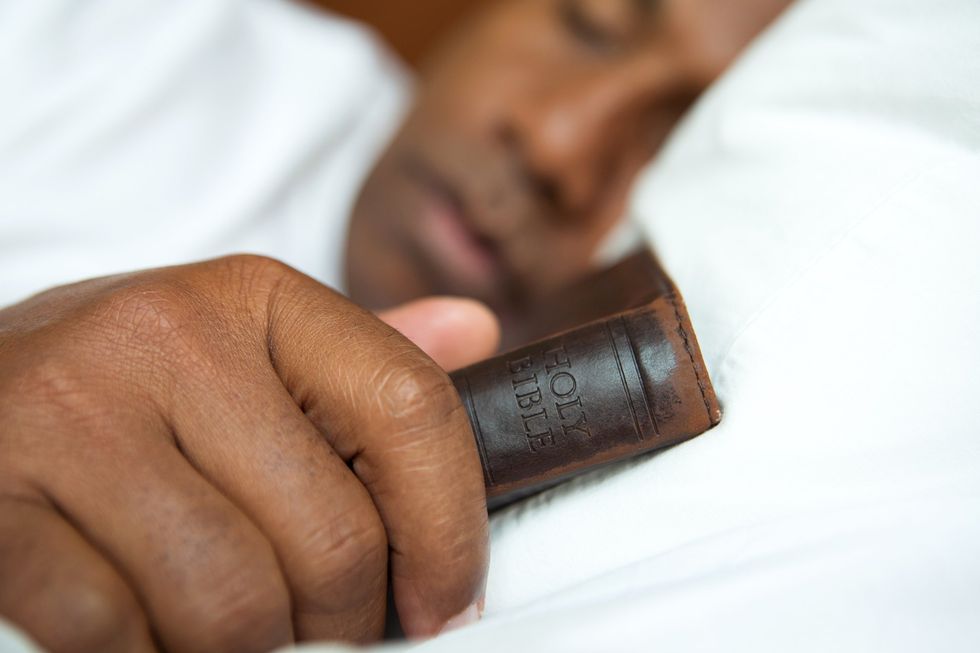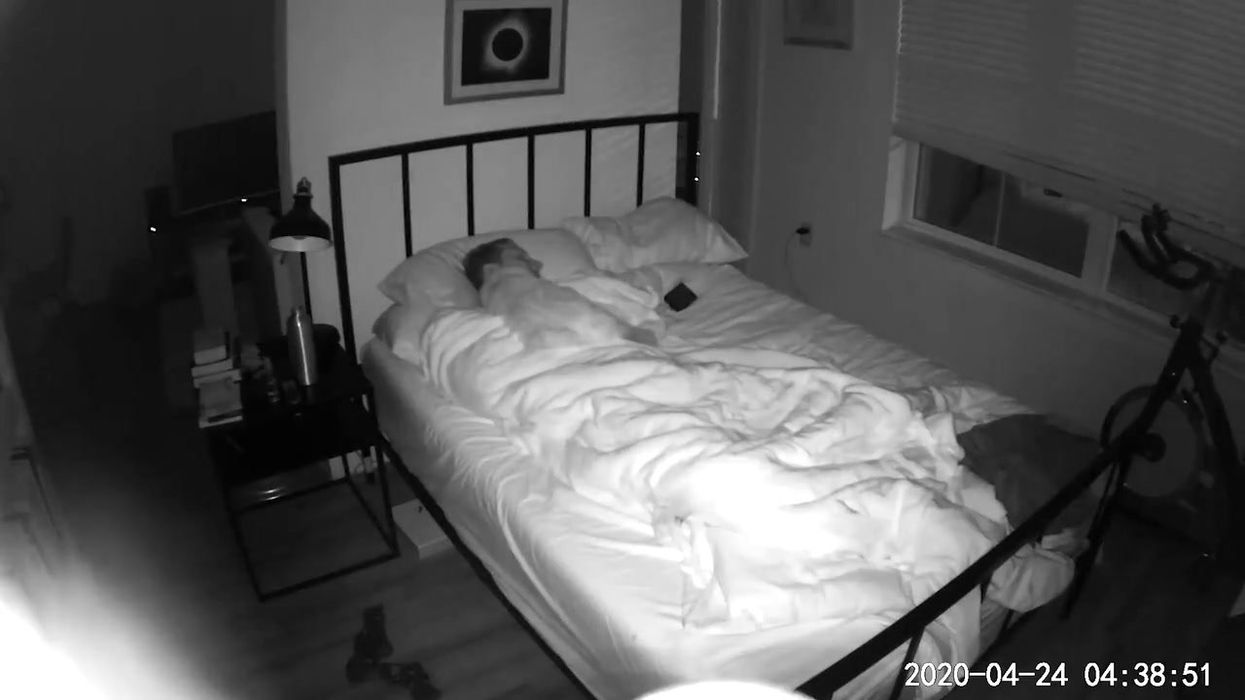Harry Fletcher
Apr 26, 2023
Man Films Himself Sleeping To See What Cat Is Up To
content.jwplatform.com
A new study has found that atheists are more likely to get the recommended amount of sleep than Christians do.
We should all be getting between seven and nine hours sleep per night, as stated by the American Academy of Sleep Medicine (AASM).
According to research published in the journal Sleep, attitudes towards religion seemed to impact habits of sleep and recovery – and it’s something they wanted to test.
“The psychology of religion literature indicates that religious engagement is beneficial to physical and mental health,” the study’s authors wrote.
Sign up to our new free Indy100 weekly newsletter
In order to analyse this, Baylor University student Kyla Fergason and co-authors involved 1,501 participants in the Baylor Religion Survey.
The survey takes place every few years and involves questions on religious beliefs and values, and this year also quizzed participants on their sleeping habits.

According to the results of the survey, 73 per cent of atheists and agnostics said they regularly got the recommended seven to nine hours per night.
By contrast, only 65 per cent of people who stated that they were religious only said they got the recommended amount.
In a more detailed breakdown, 63 per cent of people who identified as Catholics managed to get the recommended hours, while only 55 per cent of Baptists did the same.
The study found correlation rather than causation, meaning that we don’t know why this is the case.
It’s the most recent study into sleeping habits to be published this year after it was previously revealed that exercise could be the answer to a better night's sleep – with people who work out more being less likely to need sleeping pills.
The beneficial effect of exercise is stronger for men than for women. New research shows that 10 to 20 per cent of the population suffer from serious long-term sleep problems, leading many to resort to some form of sleeping aid to get by.
Have your say in our news democracy. Click the upvote icon at the top of the page to help raise this article through the indy100 rankings.
Top 100
The Conversation (0)














